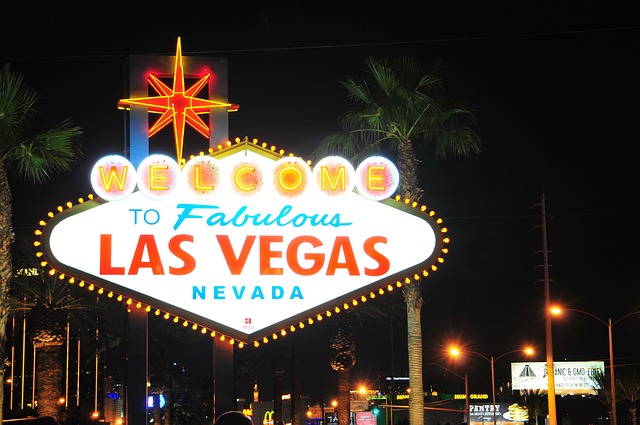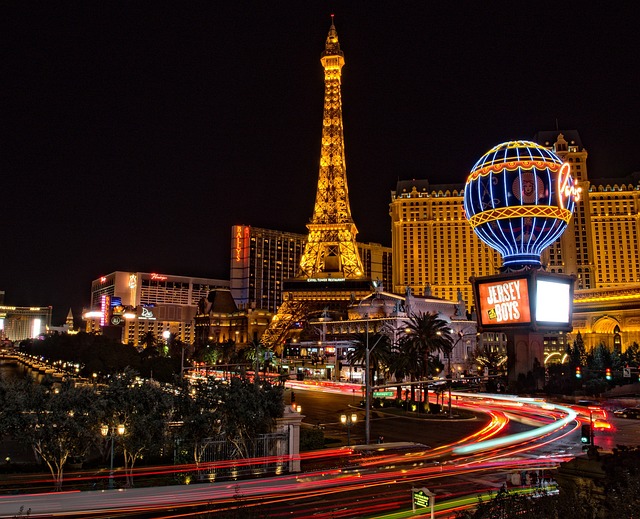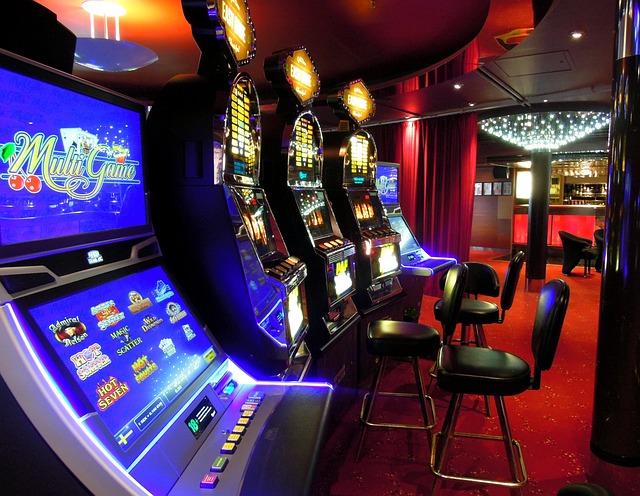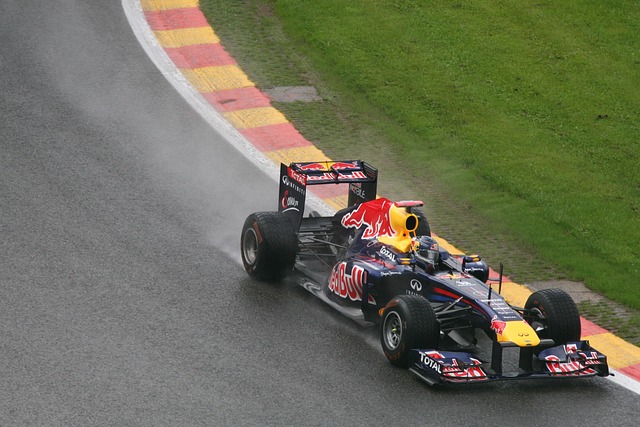
The technology is already far beyond online casinos. Now, dealers with artificial intelligence (AI) are revolutionizing physical casinos. A change that has generated debates. There are benefits, but also challenges. One of the most controversial issues is the loss of jobs. These technologies are displacing human dealers. The industry, previously based on their charisma and experience, faces a profound change.
What are AI dealers?
AI dealers are automated systems. They use advanced algorithms to direct games such as poker, roulette or blackjack. They have visual interfaces that imitate a human dealer. They also have cameras and sensors to monitor players. Thanks to machine learning, they can interact in real time. This offers an experience similar to that of a traditional casino.
The impact on traditional employment

AI dealers are reducing jobs in physical casinos. Human dealers, a key part of the gaming experience, now face strong competition. These machines work without breaks or the need for constant training. Recent studies confirm that jobs with repetitive rules, such as those of dealers, are the most likely to be automated.
On the other hand, casinos defend this technology. They claim that it reduces costs, improves accuracy and minimizes errors. From a business point of view, this is a clear advantage. But this advance has a social cost. Many people lose jobs essential to their livelihood.
What about the customer experience?
One argument against AI dealers is the lack of human interaction. In casinos, this connection is key. Dealers not only run the games, they also create an atmosphere of entertainment and camaraderie. This is something that machines can hardly replicate. Although AI can be programmed to appear friendly, many players prefer human charisma and warmth.
However, AI advocates highlight its advantages. Automated dealers are faster and more objective. They can avoid conflict and favoritism. Plus, in a post-pandemic world, they offer a safer option. They help maintain hygiene and social distancing.
Towards a hybrid model
Rather than replacing human dealers entirely, some casinos are exploring hybrid models where AI complements, rather than replaces, human functions. For example, AI dealers can take care of mechanical tasks, such as dealing cards or calculating payouts, while humans focus on interacting with players and creating a welcoming environment. This approach not only preserves some jobs, but also improves operational efficiency.
The need for a responsible transition

The adoption of AI dealers raises important questions about the responsibility of companies in the transition to automated models. To mitigate the impact on workers, it is critical that casinos invest in training and reskilling programs, allowing employees to acquire new skills that allow them to adapt to different roles within the industry, such as in customer service or technology maintenance.
In addition, governments and unions must play an active role in protecting labor rights, ensuring that affected workers have access to support networks and relocation opportunities.
AI dealers
AI dealers represent an innovation that promises to transform the casino industry, offering efficiency and precision, but also challenging the balance between technology and human employment. While it is inevitable that these technologies will continue to gain ground, it is crucial that companies adopt a balanced approach that prioritizes both profitability and the well-being of their employees. Only then will it be possible to build a future where humans and machines work in harmony, preserving the best of both worlds.




